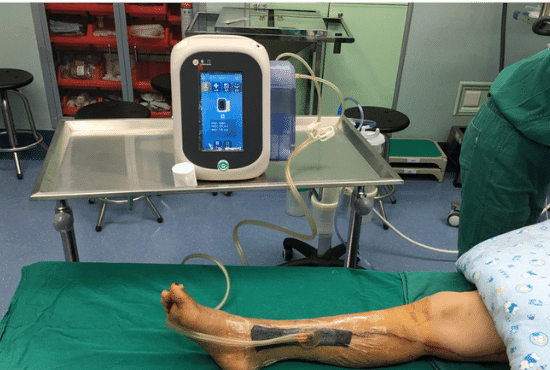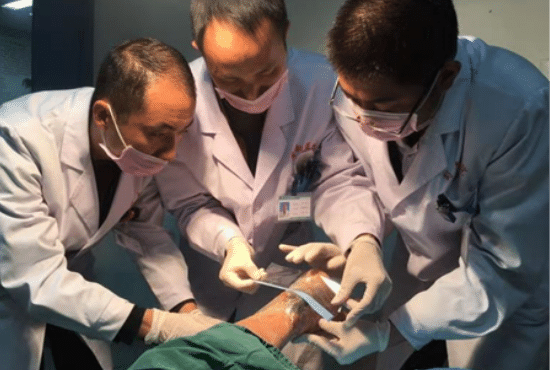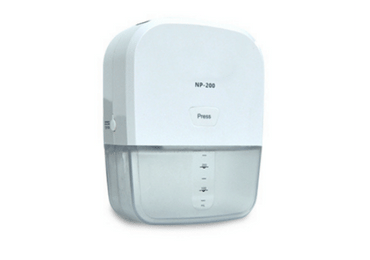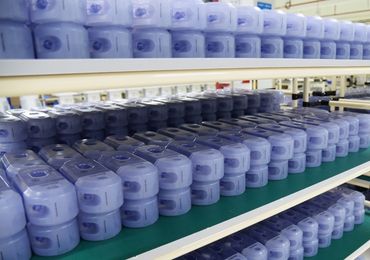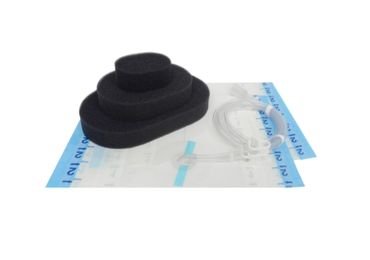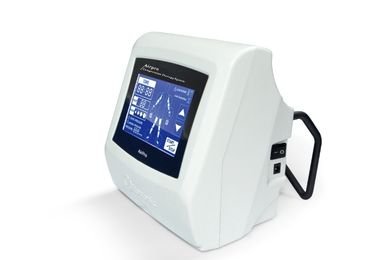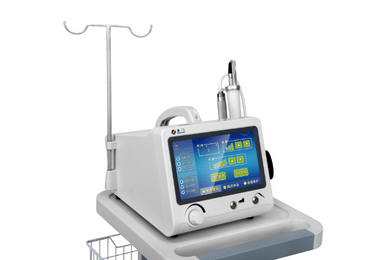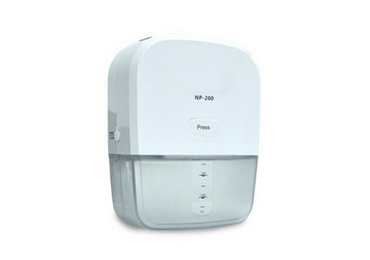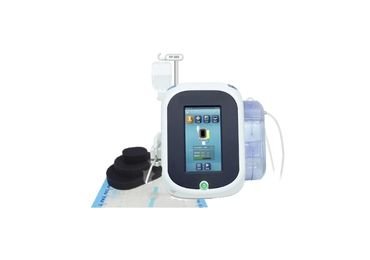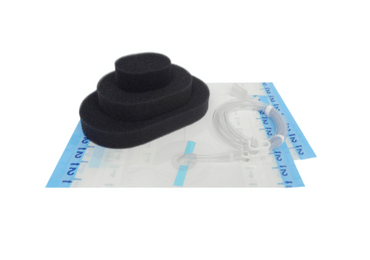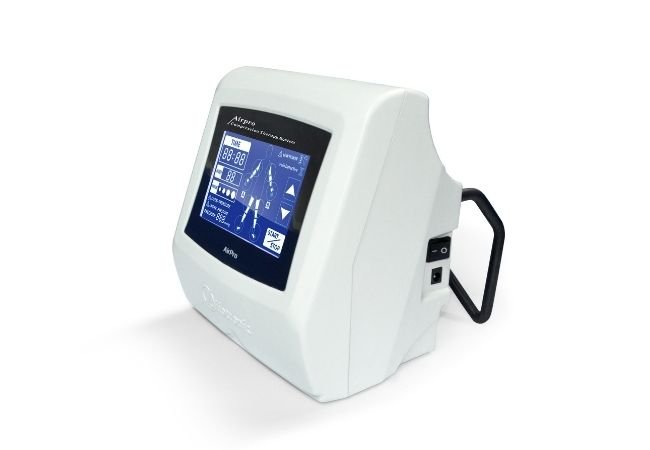Negative Pressure Wound Therapy with Instillation
Acute or chronic wounds
Traumatic wounds
Infected wounds
Ulcers (such as pressure or diabetes)
Burns
Flaps and grafts
Portable Negative Pressure Wound Therapy
Faster wound healing (cell proliferation)
No more frequent dressing changes, Less pain, Less infection.
Help avoid complications such as amputation, pressure sores, etc. Better function recovery.
Accelerate the wound healing, reduce infectious rate and length of hospital stay.
Portable Negative Pressure Wound Therapy with 300ml canister

Promed’s Wound Care Solution combines a broad spectrum of medical devices into one organic solution.
Negative-pressure wound therapy (NPWT) is a therapeutic technique that uses a suction pump, tubing, and a dressing to remove excessive exudate and promote healing in acute and chronic wounds.
Wound Debridement System removes necrotic tissues and kills bacteria on the wound.
Intermittent Pneumatic Compression(IPC) Deep Vein Thrombosis(DVT) prevention and lymphedema alleviation.
Doppler Blood Flow Detector Screen Diabetic Patient’s Vascular condition and provide evidence for the diagnosis of diabetic foot.
- Manufacturing
Doppler Blood Flow Detector;negative-pressure wound therapy (NPWT);Wound Debridement System;Intermittent Pneumatic Compression(IPC)
Negative pressure wound therapy (NPWT), also called vacuum-assisted wound closure, refers to wound dressing systems that continuously or intermittently apply subatmospheric pressure to the system, which provides positive pressure to the surface of a wound. NPWT has become a popular treatment modality for the management of many acute and chronic wounds.
Commercially available systems for negative pressure wound therapy (NPWT) include the vacuum-assisted closure (VAC therapy) device and the wound sealing kit. NPWT systems consist of an open-pore polyurethane ether foam sponge, a semiocclusive adhesive cover, a fluid collection system, and a suction pump.
The vacuum pump pulls fluid and infection from the wound. This helps pull the edges of the wound together. It also helps the wound heal by promoting the growth of new tissue. When needed, antibiotics and saline can be pushed into the wound.
For a non-infected wound: Promed recommends the Dressings be changed every 48 to 72 hours, but no less than 3 times per week. For infected wounds: These wounds must be monitored often and very closely. Infected wounds dressing changes may need to be changed more often than 48 to 72 hours.




